I was 8 years old when my mother died of AIDS. It was 1996, and she had been sick for more than two years. She had sores all over her body, and she always had diarrhea. She had become slimmer and slimmer; when she died, she was so thin I could hardly see her. I didn't understand what was making my mom so sick. My brother used to tell me that she had malaria, but that God would help her, and one day, she would be cured. So I never got the chance to say good-bye to her, because I didn't know she was dying. When she finally passed away, I remembered the stories she used to tell me and my four brothers and sisters about a giant. I thought the giant had come to take her away.
I remember my mother well. She was very beautiful. She taught me and my siblings how to read, and she played with us when she had the energy. But near the end, she stayed in bed and slept, getting up only to go to the toilet. I once overheard her telling my older brother to take care of us; I think she knew then that she was dying. My father had died when I was a baby, so when my mother passed away, my brothers and sisters and I were alone. Our uncle brought us to the northern Kenyan countryside to stay with him. He has 10 children, so there were 15 of us altogether, and only two mud huts. I slept on the floor with my younger sister, Pauline, who was 6.
My uncle's wife was cruel. I was very afraid of her; she used to beat us with her cane for no reason. My uncle did nothing to stop her, but my oldest brother, Boniface, who was 14, would get angry and protect us from her. He was very brave. When we were younger, my aunt had been caring; it was only after our mother died that she became unkind. At the time, I didn't understand, but now, I know she didn't want us living with her because our mother had died of AIDS.
Eventually, my grandmother took us to live with her in Nairobi. She has lost three daughters to AIDS; they were all in their 20s. Now, all of their children live with her. Her fourth daughter, my Auntie Sarah, is also dying. She's 29, the same age my mom was when she died. Once Auntie Sarah's children move in with us, too, there will be 16 kids in our little mud hut.
My grandmother has only one bed, which she and my 6-year-old cousin share; the rest of us, 11 in all, push aside the furniture and sleep on the floor, one right next to the other. We all wake up at 6am so we can complete our chores before we go to school. I sweep the mud floor, wash the dishes and do the laundry. Then I bathe Pauline before taking care of myself. I have to bring water to the bathroom in a basin, because we don't have running water. And sometimes we have to wait, because we share the bathroom with about 100 other neighbors.
If there is money, we have porridge and tea for breakfast, but sometimes, we don't have anything. At 7:30, I leave for school. I go to a school for orphans called Kicoshep's; all the teachers there have also been orphaned by AIDS, so they understand when we feel sad. The school counselors encourage me not to think about the past, because every time I do, I start to cry -- even in class.
Learning About AIDS
When my grandmother first brought me to this school, I thought the children would hate me. I thought they'd run away from me because I don't have parents. But then, I saw that they are just like me. I've made a lot of friends, and the teachers give us clothes and books and teach us to read and write.
Stay In The Know
Marie Claire email subscribers get intel on fashion and beauty trends, hot-off-the-press celebrity news, and more. Sign up here.
Twice a week, the school holds a "girls' club." The teachers tell us we shouldn't drop out of school or have sex or get involved with drugs -- because if we get into drugs, our heads will go far away, and if we play around with sex, we could get pregnant or AIDS. We also have an AIDS club at school, in which we learn more about the disease. The first time they described it, I remembered my mother's symptoms. That's when I discovered what had killed her. I am very frightened of getting AIDS; it's a deadly disease, and there is no cure.
At night, my grandmother prepares dinner for us. Most nights, we eat sukumaweki (a leafy vegetable) and ugali (an African meal prepared from maize). She earns only about 25 or 35 cents a day selling homemade corn chips on the side of the road, so she sometimes can't afford to feed us. When the school has extra food, they give it to my grandmother for our dinner. When it runs out of food, we go all night without eating.
Near the end of my mother's life, I would sit on the edge of her bed and talk with her, and once, she asked me what I wanted to do with my future. I told her I would like to be a nurse. I think if I work hard and keep going to school, my wish will come true. I know that would make her very happy.
-
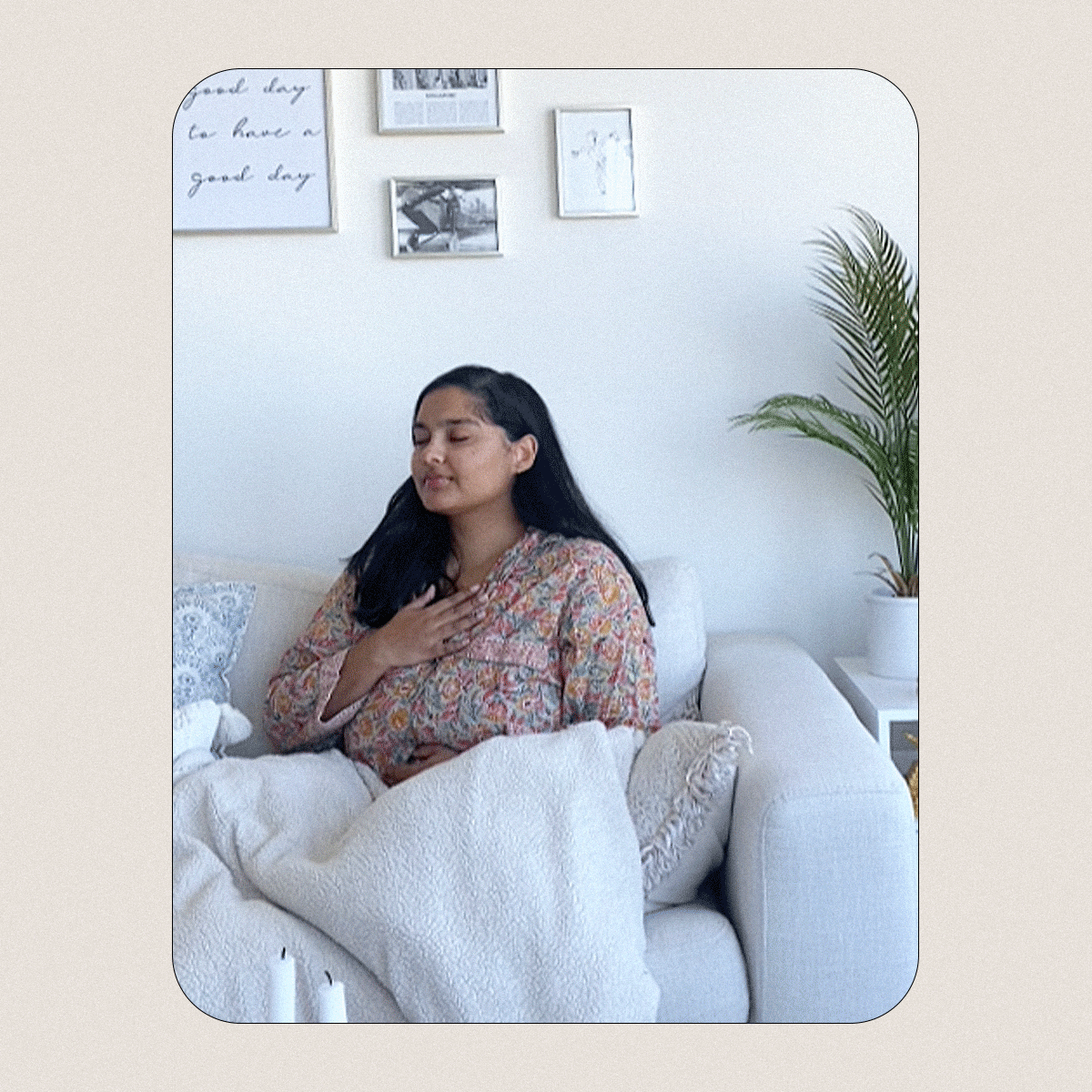 How I'm Redefining My Wellness Journey in 2024
How I'm Redefining My Wellness Journey in 2024Sponsor Content Created With The Honey Pot
By Aniyah Morinia Published
-
 Meghan Markle’s Lifestyle Brand American Riviera Orchard Reveals Its First Product Offering
Meghan Markle’s Lifestyle Brand American Riviera Orchard Reveals Its First Product OfferingFifty samples were sent out in the company’s first limited edition run of the item.
By Rachel Burchfield Published
-
 Emily Ratajkowski Is Ready for Tiny Top, Big Pants Season
Emily Ratajkowski Is Ready for Tiny Top, Big Pants SeasonPaired with the shoe trend that just won't quit.
By India Roby Published
-
 The Best Bollywood Movies of 2023 (So Far)
The Best Bollywood Movies of 2023 (So Far)Including one that just might fill the Riverdale-shaped hole in your heart.
By Andrea Park Published
-
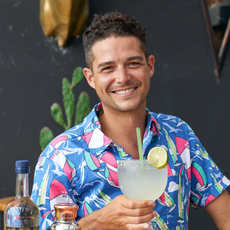 ‘Bachelor in Paradise’ 2023: Everything We Know
‘Bachelor in Paradise’ 2023: Everything We KnowCue up Mike Reno and Ann Wilson’s “Almost Paradise."
By Andrea Park Last updated
-
 Who Is Gerry Turner, the ‘Golden Bachelor’?
Who Is Gerry Turner, the ‘Golden Bachelor’?The Indiana native is the first senior citizen to join Bachelor Nation.
By Andrea Park Last updated
-
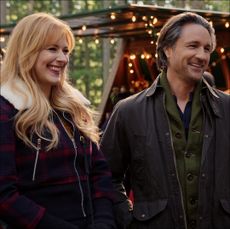 ‘Virgin River’ Season 6: Everything We Know
‘Virgin River’ Season 6: Everything We KnowHere's everything we know on the upcoming episodes.
By Andrea Park Last updated
-
 The 60 Best Musical Movies of All Time
The 60 Best Musical Movies of All TimeAll the dance numbers! All the show tunes!
By Amanda Mitchell Last updated
-
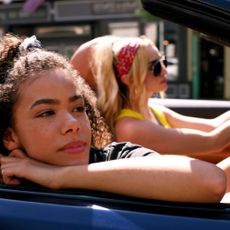 'Ginny & Georgia' Season 2: Everything We Know
'Ginny & Georgia' Season 2: Everything We KnowNetflix owes us answers after that ending.
By Zoe Guy Last updated
-
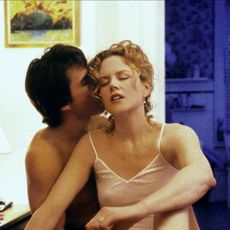 35 Nude Movies With Porn-Level Nudity
35 Nude Movies With Porn-Level NudityLots of steamy nudity ahead.
By Kayleigh Roberts Last updated
-
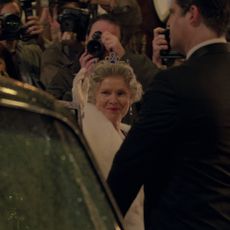 The Cast of 'The Crown' Season 5: Your Guide
The Cast of 'The Crown' Season 5: Your GuideThe Mountbatten-Windsors have been recast—again.
By Andrea Park Published